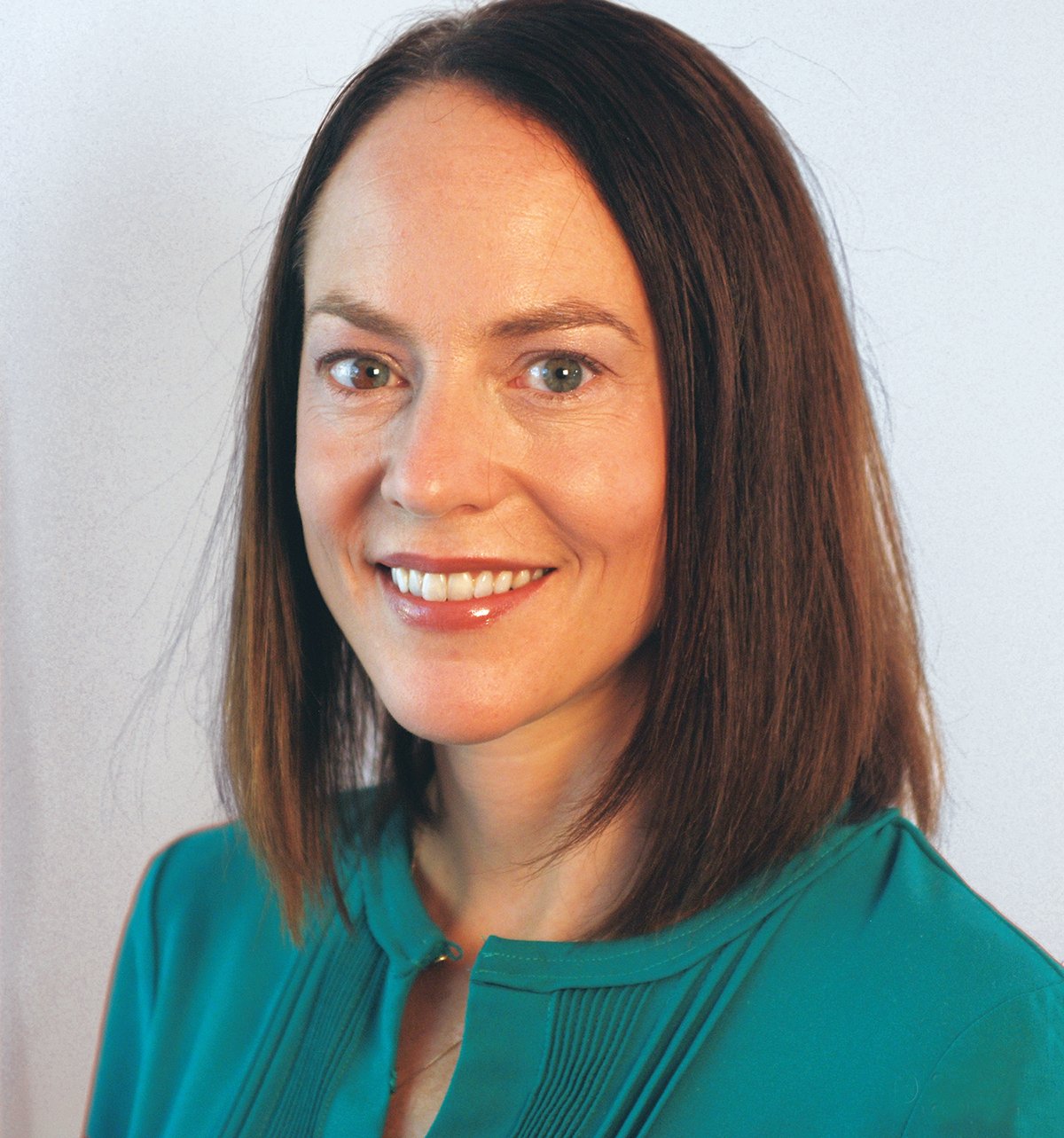
If you are an educator with some time away from school this summer, hopefully you are using a lot of it to recharge. There are many ways you might to do this: gardening, lounging, beach-going, cleaning, socializing, spending time with family and friends. This time to re-anchor to what energizes you is crucial and much-needed.
If you are an educator with some time away from school this summer, hopefully you are using a lot of it to recharge. There are many ways you might to do this: gardening, lounging, beach-going, cleaning, socializing, spending time with family and friends. This time to re-anchor to what energizes you is crucial and much-needed.
You’ll likely also spend some time reflecting on the school year that was, and planning ahead so that the coming school year is even better than the last. Here are a few of the ways you might spend this invaluable time:
Reflecting on data from the past year
Unless you are looping with your class or you teach in a multi-age classroom, you’ll likely get a whole new crop of students next year. Even so, studying this year’s data can provide great insights to fuel your planning for next year. You might take note of overall trends in your data, noting which units seemed to yield the highest and lowest overall student performance on low-stakes assessments. Or, you can simply study your students’ work. Take note of the units in which their work soared, and take note of the units in which their work wasn’t so stellar, and consider what you might reinforce in the former and tweak in the latter.
Sprucing up your teaching materials
During the course of the school year, there are always projects on the back burner, ones that fall into the “would be nice” category and are precluded by those in the “must do now” category. Back-burner projects often include things like building a teaching toolkit, developing a better record-keeping system, or learning how to use a new teaching resource. Take the summer to make a project such as this happen. To ensure this is as successful as possible, take time at the close of the school year to set goals, and to make plans for what you will do and when, and for the materials you’ll need to gather.
Engaging in your own reading and writing
Happily, as you nurture yourself as a reader or writer this summer, you can also fuel your teaching. When you ask your students to make reading a priority, or when you ask them to commit the details of their daily lives to paper, you'll know in your bones what you are really asking them to do because you have done the same. You'll know the daily commitment it takes to make literacy a priority. You'll know that sometimes obstacles will get in the way. And you'll know the ways that reading and writing can change you, for the better. Also, of course, doing your own reading and writing can be incredibly recharging.
Forming a reading club
Certainly, you and a group of colleagues might pick a professional book that’s piqued your interest over the past year to read and learn from together. Or, you might simply choose a book that you and some friends would really love to read and discuss as a group. Both experiences are rife with learning opportunities; the former provides professional content, and the latter provides the opportunity to experience what your students do when you ask them to read and talk about a book together.
TCRWP staff developers Alicia Luick and Simone Fraser will lead this week’s chat on ways to use the summer months to make the next school year your best ever. Join in to hear and share ways educators in our community plan to take full advantage of this summer.
Each Wednesday night at 7:30pm eastern, The Teacher's College Reading and Writing Project hosts a Twitter chat using the hashtag #TCRWP. Join @alicialuick & @nycsef to chat about ways to use the summer to make next school year the best ever tomorrow night.
Not on Twitter? Take Heinemann’s free Twitter for Educators course here.
 Anna Cockerille, Heinemann Editor and Coauthor of Bringing History to Life (Grade 4) in the Units of Study for Teaching Writing Series, was a teacher and a literacy coach in New York City and in Sydney, Australia, and later became a Staff Developer and Writer at TCRWP. She also served as an adjunct instructor in the Literacy Specialist Program at Teachers College. Anna has been a researcher for Lucy Calkins, contributing especially to Pathways to the Common Core: Accelerating Achievement (Heinemann 2012), and the Units of Study for Teaching Reading, Grades 3–5 series (Heinemann 2010). Anna is currently serving as an editor on the forthcoming Phonics Units of Study series for grades K-2, and previously served as an editor for the Units of Study for Teaching Reading, K–5 series.
Anna Cockerille, Heinemann Editor and Coauthor of Bringing History to Life (Grade 4) in the Units of Study for Teaching Writing Series, was a teacher and a literacy coach in New York City and in Sydney, Australia, and later became a Staff Developer and Writer at TCRWP. She also served as an adjunct instructor in the Literacy Specialist Program at Teachers College. Anna has been a researcher for Lucy Calkins, contributing especially to Pathways to the Common Core: Accelerating Achievement (Heinemann 2012), and the Units of Study for Teaching Reading, Grades 3–5 series (Heinemann 2010). Anna is currently serving as an editor on the forthcoming Phonics Units of Study series for grades K-2, and previously served as an editor for the Units of Study for Teaching Reading, K–5 series.
Follow her on Twitter @annagcockerille


